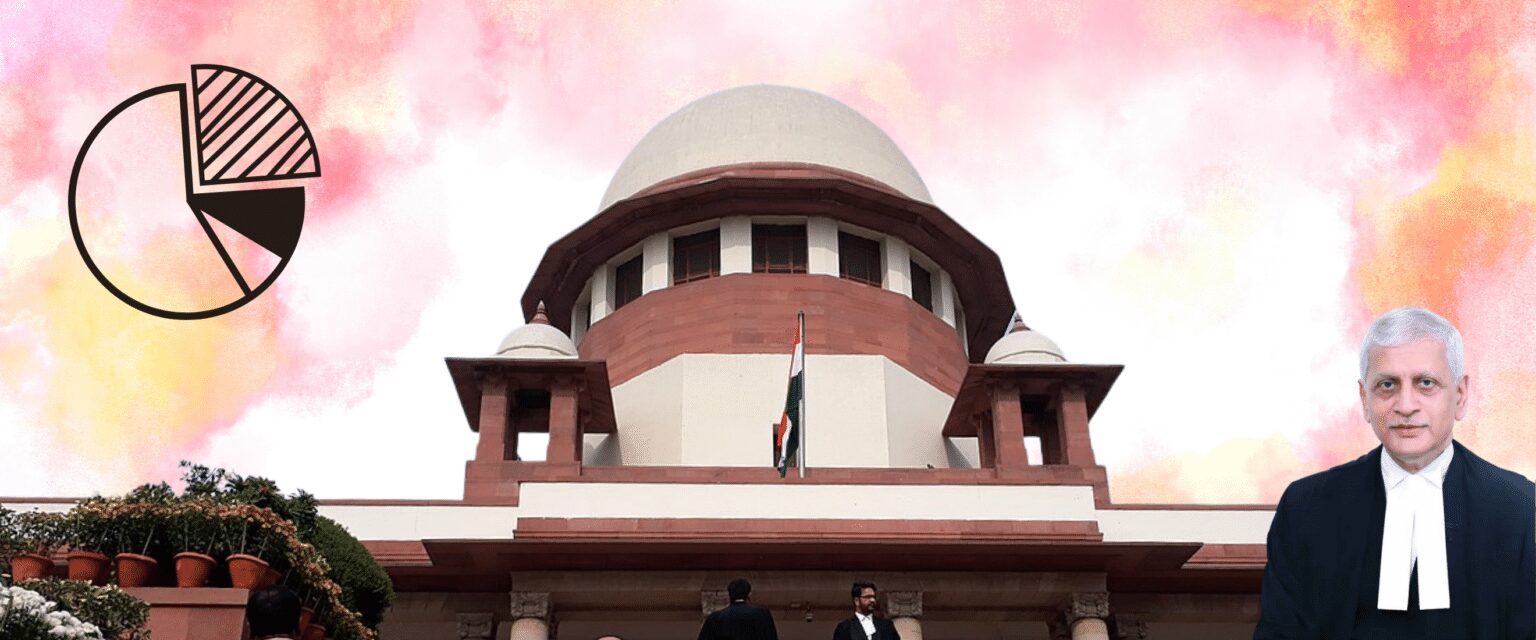Sufficient confidence and Independence in the judiciary is must
As a society, we are assured of government by law and a flourishing democracy if we have an independent judiciary.
Speaking on Saturday night at a symposium on “Independent judiciary: Critical for a vibrant democracy” hosted by the Bharat Chamber of Commerce in Kolkata, he said there have been instances of court decisions being affected by executive interference, but these have been appropriately handled to maintain the judiciary’s independence.

The Judiciary is an independent institution and belongs to a democratic political structure. Its independence does not imply arbitrariness or lack of accountability.
A court’s independence is not a new concept, but its meaning is still unclear due to the strong constitutional framework, democratic traditions, and the people.
It is the rule of law that underpins our democracy, and it means that we need an independent judicial system that makes decisions free of political winds”. Judicial independence means that other government organs, such as the executive and legislature, must not interfere with the operation of the judicial system in any way that prevents it from carrying out its duties.
Dispute resolution is the cornerstone of rule of law government, hence a democratic society cannot exist without an independent judicial system, as former Chief Justice Uday Umesh Lalit put it.

An Independent Judiciary is characterized by impartiality, fairness in action, reasonableness, and complete integrity to resolve disputes.
In today’s challenging environment, the judiciary needs to become stranger as a fraternity, prepared to withstand any pressure, interference, or onslaught.” says Mr. Lalit.
Observing that “a citadel cannot fall except within”, the former CJI referred to the necessity of protecting the district judiciary with this expression.
It is only the high court that has control over the district judiciary, says Ex CJI U.U Lalit.
“Those who are being posted, promoted, appointed, and transferred can only be recommended by the High Court.”
It is the responsibility of judges to make their own decisions, but they must be free to do so. To function effectively, judges must be kept apart from anyone else’s influence or supervision. There must be no improper influences on judges, and judges must be insulated from them.
This includes all forms of indirect or direct coercion, threat, or harassment including any form of physical or verbal force applied by the government, politicians, officials, family members, neighbors, interested parties, or other members of the judiciary.
Asserting that the judicial system should not be interfered with by outside forces, he said numerous articles in the Constitution protect each judge and the judiciary as a whole from outside interference.
He believes that the independence of the court system can be ensured by fostering an environment that encourages people to discharge judicial duties without influence from any agencies.
According to the ex-CJI, the judiciary has quite hard shoulders and can deal with any external onslaught.
Justice Hima Kohli, a Supreme Court judge, said judicial independence is more than a principle.

In a country with so many democratic values as ours, which defines itself as sovereign, socialist, secular, democratic, and republic, it is hard to underestimate the value of an independent judiciary.
Keeping the Judiciary independent and impartial is critical to fulfilling its constitutional duties, Justice Kohli emphasized.
“A vibrant and democratic social order cannot be maintained without judicial independence,” she said, stating that it is not just a function of citizens’ fundamental rights, but also a condition of judicial independence.
There have been several landmark Supreme Court decisions that have upheld the independence of the judiciary, according to Justice Kohli.













